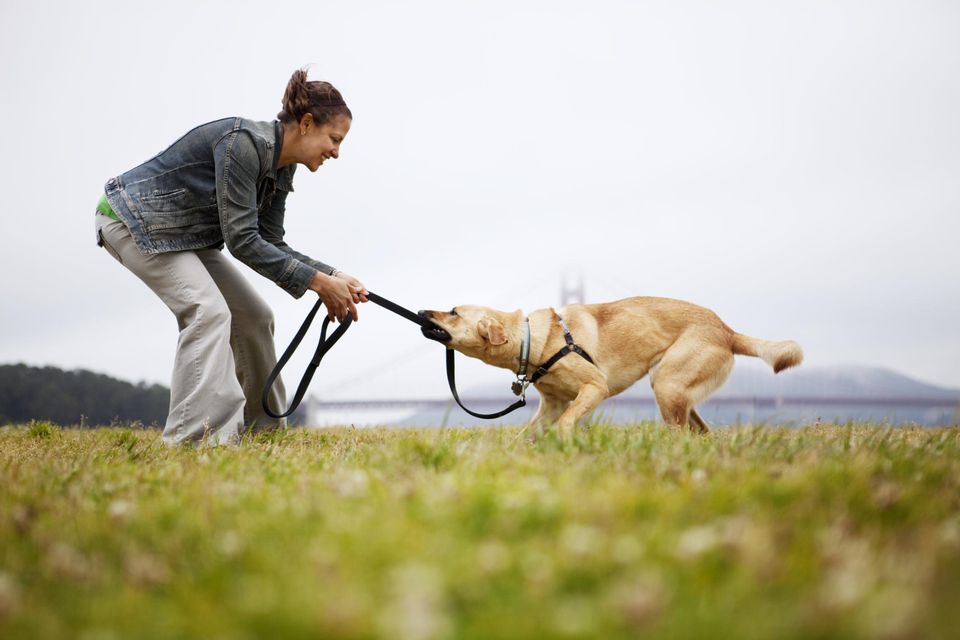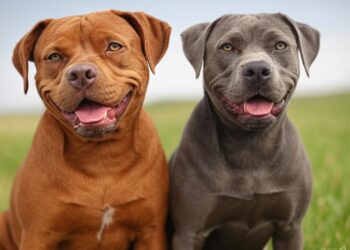Pet ownership brings joy and companionship to millions of households across the country. However, it also comes with legal responsibilities. Understanding liability laws for pet owners is crucial to ensure the safety of both people and animals.
In this article, we will dive into the various aspects of liability laws about pet ownership, but make sure to consult with an expert injury lawyer to learn more.
Types of Pets Covered
Pet liability laws typically apply to all types of pets, including domestic animals like dogs and cats, exotic pets, and even service animals.
Common Scenarios Leading to Liability
- Animal Bites: One of the most common scenarios leading to liability for pet owners is when their animal bites or attacks another person or animal.
- Property Damage: Pets may cause damage to property, such as by scratching furniture or digging up gardens, leading to potential liability for their owners.
- Nuisance Claims: Excessive barking, odors, or other disturbances caused by pets can lead to nuisance claims against their owners.
- Negligence Claims: Pet owners may be held liable for injuries or damages resulting from their failure to exercise reasonable care in controlling or supervising their pets.

Overview of Liability Laws
- Strict Liability: In many jurisdictions, pet owners are held strictly liable for injuries caused by their animals, regardless of whether the owner was negligent or knew of the animal’s dangerous propensities.
- Negligence: In cases where strict liability does not apply, pet owners may still be held liable if they were negligent in controlling or supervising their pets.
- Premises Liability: Property owners may also be held liable for injuries caused by pets on their premises if they knew or should have known of the animal’s presence and failed to take reasonable steps to prevent harm.
State-Specific Laws
Laws regarding pet liability vary from state to state, so it’s essential for pet owners to familiarize themselves with the laws in their jurisdiction. Factors such as leash laws, breed-specific legislation, and statutes of limitations may differ significantly between states.
Defenses Available to Pet Owners
Pet owners facing liability claims may have several defenses available to them, including:
- Provocation: If the injured party provoked the animal, the pet owner may not be held liable.
- Trespassing: In some cases, pet owners may not be liable for injuries sustained by trespassers on their property.
- Comparative Negligence: If the injured party’s own negligence contributed to the incident, their recovery may be reduced or barred altogether.
Legal Consequences for Pet Owners
Pet owners found liable for injuries or damages may face civil liability, resulting in monetary damages to compensate the injured party. In severe cases, pet owners may also face criminal charges, particularly if their negligence resulted in serious injury or death.
Steps for Pet Owners to Minimize Liability
To minimize the risk of liability, pet owners should:
- Practice responsible pet ownership, including proper training and socialization.
- Obtain adequate insurance coverage, such as homeowners or renters insurance with liability coverage for pet-related incidents.
- Take precautions to prevent their pets from causing harm to others, such as keeping them leashed or fenced in when outside.
Concluding
In conclusion, understanding liability laws for pet owners is essential for ensuring the safety of both pets and the community. By being aware of their legal responsibilities and taking proactive measures to mitigate risks, pet owners can enjoy the companionship of their animals while minimizing the potential for legal liability. For further information on specific laws and regulations in your area, consult with a knowledgeable legal professional or animal control authority.








